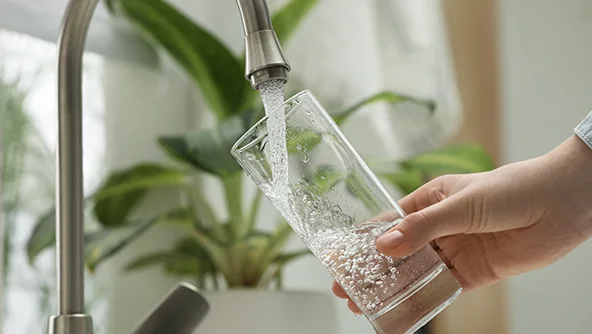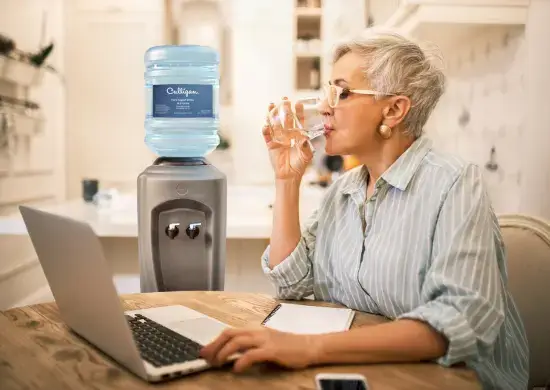

For a long time, excessive alcohol consumption has been a concern due to the potential risks.
In 2018, Adrian Chiles spoke out about how horrified he was when he added up the units he was drinking. He revealed that he was often consuming between 80-100 units of alcohol per week, which is well beyond the recommended guideline of 14 units. This level of alcohol consumption raises significant health alarms. Medical professionals caution against the potential consequences of such high levels of alcohol intake, including the development of liver damage.
In addition to the well-known risks associated with alcohol, we must recognise the dehydrating effects alcohol has on the body. Alcohol disrupts the body’s production of the anti-diuretic hormone, which is responsible for water reabsorption. As a result, increased urine production occurs, leading to fluid loss.
Symptoms of dehydration:
- Dry mouth
- Fatigue
- Thirst
- Nausea
- Headache
- Dizziness or lightheadedness
Drinking water before, during, and after drinking alcohol can help to prevent dehydration
Alcohol is a diuretic so it is important to make sure that you stay hydrated by replacing the water that is lost when drinking alcohol. Drinking a glass of water before and between alcoholic drinks can help reduce the risks of dehydration. Drinking water after alcohol is also advisable, a glass of water before you go to bed will help to relieve dehydration.
If you are planning to have a night of drinking, having a healthy meal before you start consuming alcohol can help you to avoid a hangover. Eating healthy snacks between drinks can help to slow down the absorption of alcohol. Good nutrition helps to support your liver to function and plays a crucial role in your health.
Drinking alcohol in excess has long-lasting effects that will prevent you from performing normal functions effectively, in particular, your concentration and memory. After a heavy drinking session, drink plenty of water (and fluids) throughout the day to flush out toxins and restore your hydration levels. Electrolyte solutions and rehydration drinks contain sodium and potassium that are lost during alcohol consumption. Bananas are great too as they are high in potassium!
The takeaway here is that you should drink alcohol in moderation, and be mindful that alcohol dehydrates you. Check out our other hydration articles if you want to learn more about how to stay hydrated and healthy.
This article was originally featured on Edgar’s Water blog.
Continue Reading



